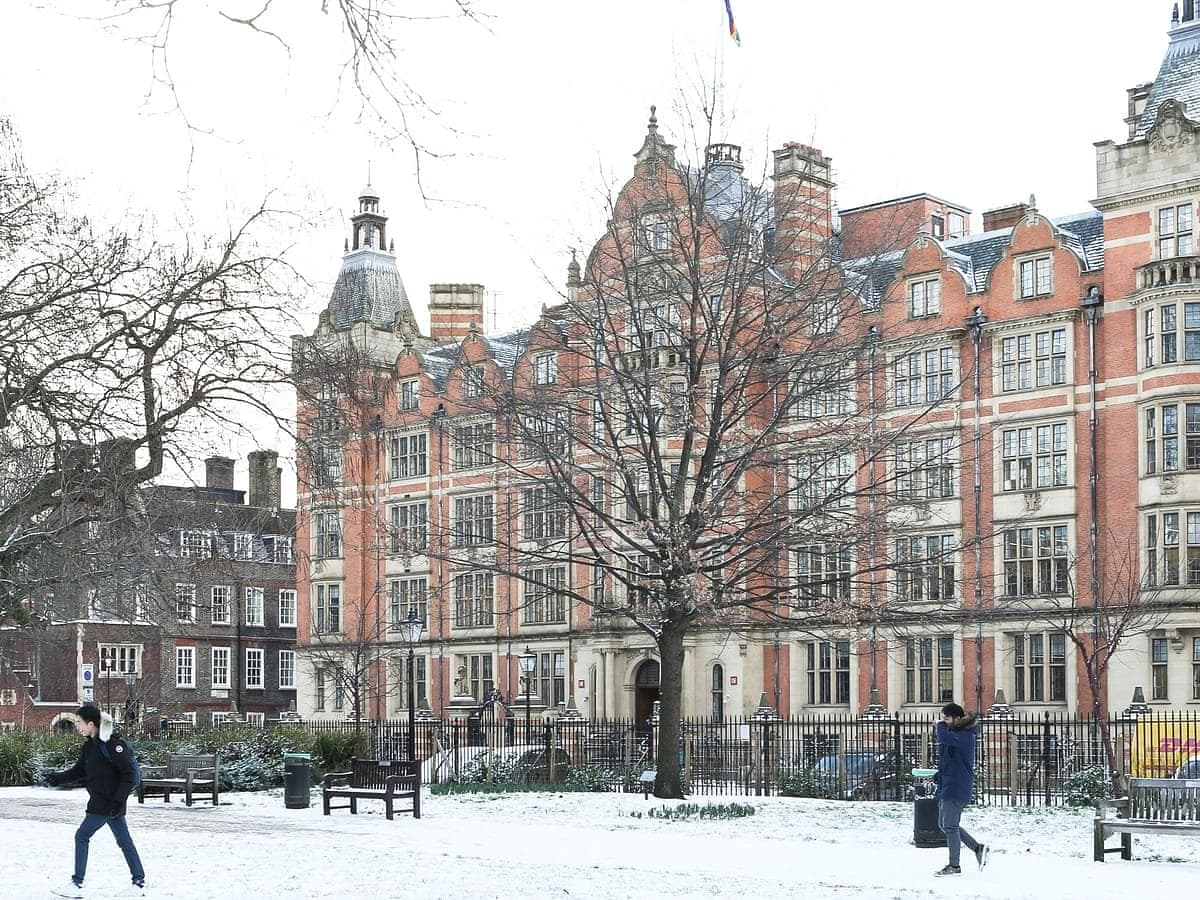Programme structure
At the heart of the programme is the two-year dissertation, a piece of original scholarly work based on detailed empirical research and analysis. The dissertation is supported by a sequence of three compulsory courses taken at Columbia and LSE, as well as a large range of electives that allow for specialisation. Rigorous language study is also an important component of the curriculum as it enables projects that are international in nature.
The programme begins with Approaches to International and Global History which introduces the conceptual possibilities of International and World History and the year-long MA/MSc Research Skills and Methods. The latter is a series of practical workshops that help you develop your dissertation topic and begin your research. At LSE, you will enrol in your final compulsory course, a year-long Dissertation Workshop, designed to help you write your dissertation as well as think about where you would like to take your career after the programme has finished.
First year, at Columbia University, New York
At Columbia University, you will complete 30 credits, including the core components of the programme. At least 22 of these credits must be obtained through courses in the History Department.
You could also take courses outside of the History Department (up to eight elective points, or two courses), provided that both the MA/MSc academic adviser (Dr Line Lillevik) and the course instructor approve. You can take classes from other departments within the Graduate School of Arts and Sciences (GSAS) as well as in other schools at Columbia, including the School of International and Public Affairs (SIPA), the Journalism School, Teachers College and the School of the Arts (SOA).
Please note that the programme does not permit R credits. Language classes taken to meet the programme’s foreign language requirement generally do not count towards the minimum 30 credit hours. The definitive guide to courses being offered in a given semester can be found online Columbia Directory of Classes.
Approaches to International and Global History
Introduces the conceptual possibilities and problems of international and world history.
MA/MSc Research Skills and Methods Workshop
A series of practical workshops including training in the use of archives and other primary sources, the organisation and documentation of research, and the presentation and publication of findings.
Courses up to the value of 30 credits from a range of options
Second year, at LSE
At LSE, you will complete three full units in addition to the dissertation.
At least two of these three units must be chosen from the wide range of international history and economic history course offerings. You may complete a third unit in another department at LSE, provided that both the academic director at LSE and the teacher responsible for the course approve.
Optional courses to the value of three units
Dissertation workshop
You will also take the year-long Dissertation Workshop, which is designed to help you research and write your dissertation and to think about where you would like to take your career after your time at LSE has finished. It provides a specialised forum for discussion and debate on what it means to write history and to be an historian.
LSE-Columbia University Double Degree Dissertation
- Provides assistance in writing your dissertation and thinking about the direction in which you want your career to go. It provides a specialised forum for discussion and debate on what it means to write history and be a historian.
- Although it is not mandatory, you are also welcome to attend the larger graduate-level Research Training Workshop for all international history master’s students at the LSE, which focuses on practical research and study skills.
Dissertation
The dissertation is the single most important component of the MA/MSc program. It is an original scholarly work based on detailed empirical research and analysis.
